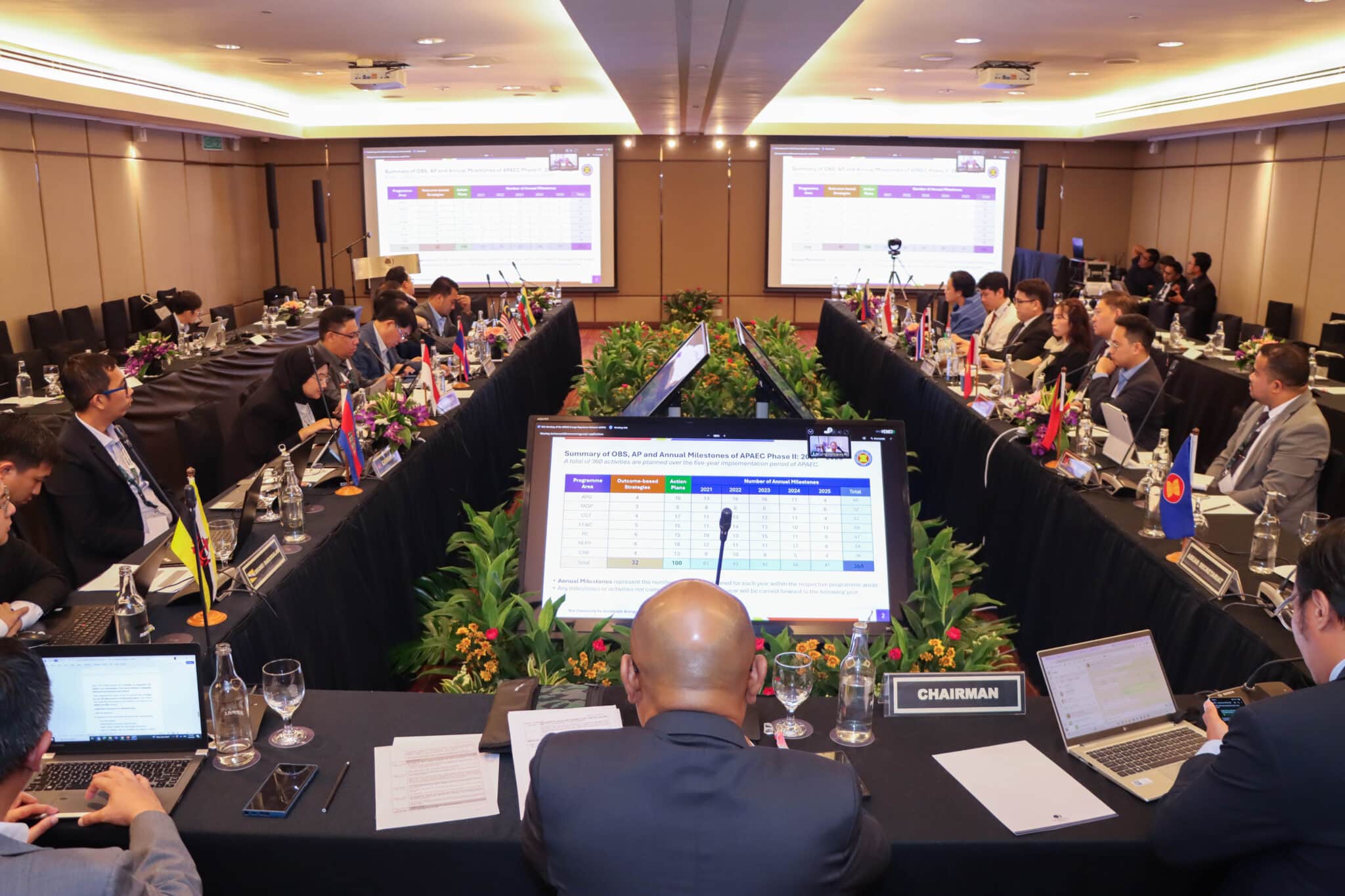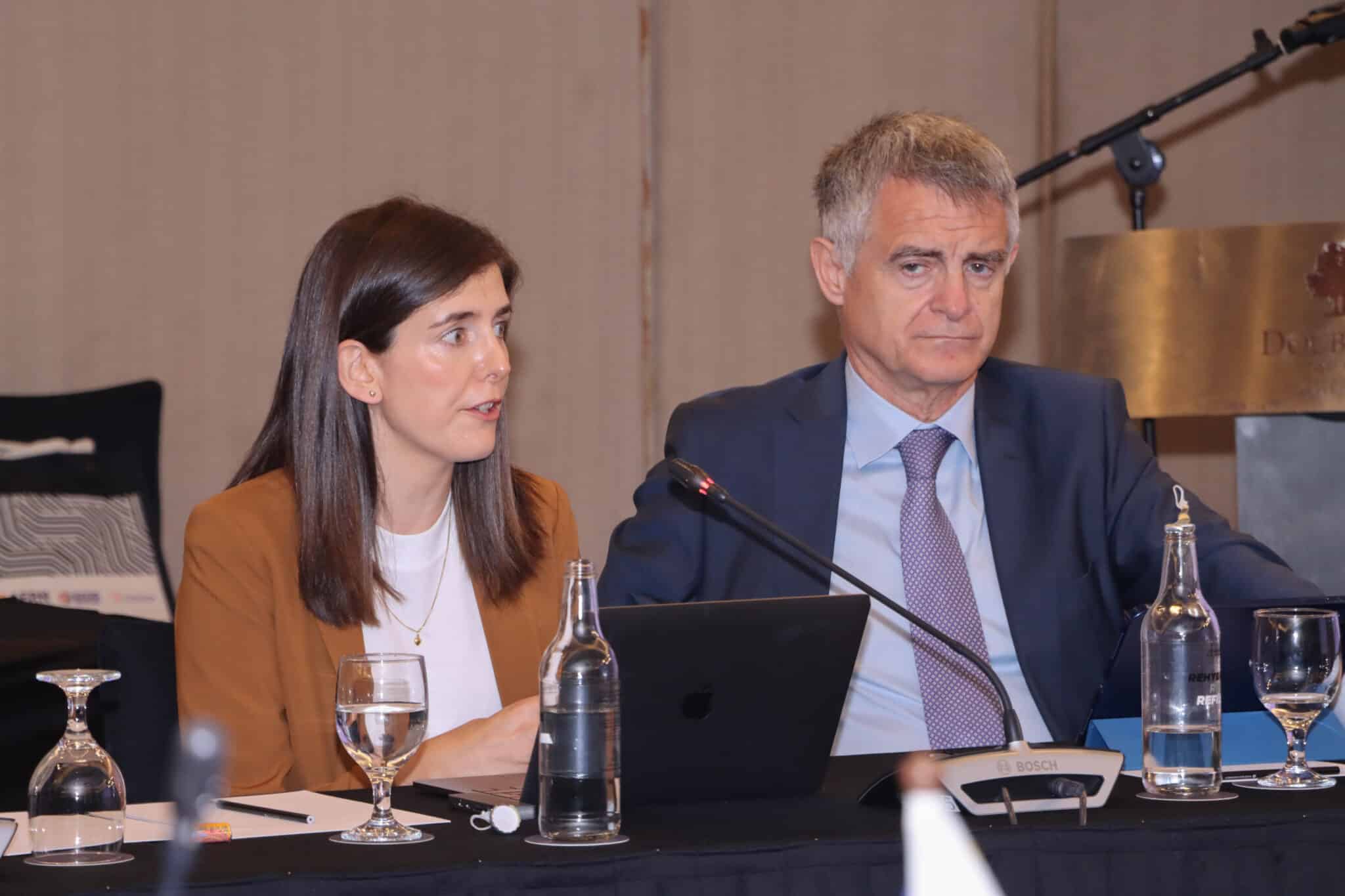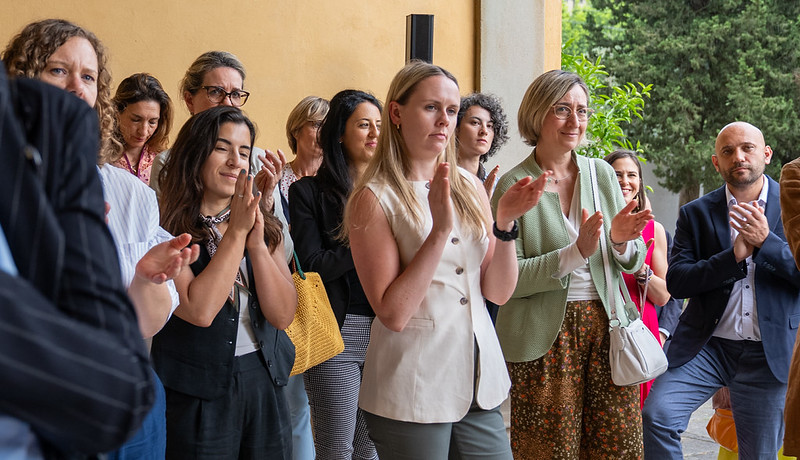Towards the establishment of an ASEAN School of Regulation
The initiative aims to enhance the capacity of energy regulators in the ASEAN region.

Building on the success of the African School of Regulation which we proudly contributed to, the FSR has been commissioned by the Southeast Asia Energy Transition Partnership (ETP), in collaboration with the Secretariat of the Association of Southeast Asian Nations (ASEAN) and the United Nations’ Economic and Social Commission for Asia and the Pacific (ESCAP), to design an ASEAN School of Regulation. The initiative aims to enhance the capacity of energy regulators in the ASEAN region.

As part of its 2025 agenda, the FSR is conducting a capacity-building needs assessment on regulatory issues among regulators and other relevant stakeholders in the region. The project officially launched with an in-person meeting held in Kuala Lumpur on June 10-11, where Daniela Bernardo (FSR Coordinator for Executive Education and Digital) and Alberto Pototschnig (Executive Deputy Director of FSR and Project Team Leader) presented FSR’s training model, explaining how its methodology and instructional approach could be adapted to the ASEAN context. Preliminary ideas for a Pilot Summer School for delegations from the ASEAN member nations, expected to take place in September, were also presented. Input and suggestions were gathered during bilateral meetings with representatives from all 11 countries.
In addition to training activities, the FSR will also develop a concept note outlining the vision and structure of the future ASEAN School of Regulation.
Led by FSR and commissioned by the Southeast Asia Energy Transition Partnership (ETP) in collaboration with the ASEAN Secretariat and UN ESCAP, the Capacity-Building Needs Assessment Survey to support the design of the future ASEAN School of Regulation marks a key step in designing impactful training programmes that respond to the evolving needs of energy regulators in Southeast Asia. The survey aims to identify capacity gaps and priority topics, such as cross-border electricity trading, market design, and regulatory tools, across ASEAN’s energy regulatory bodies. The findings will guide the curriculum of the upcoming Pilot Summer School and shape the long-term vision for the ASEAN School of Regulation.

“This is a critical milestone in building a strong, regionally grounded training platform that equips regulators to lead Southeast Asia’s energy transition,” said Alberto Pototschnig, Executive Deputy Director of FSR and Team Leader of the project.
The initiative reflects FSR’s continued commitment to delivering global best practices in energy regulation while fostering inclusive, regional cooperation. Next steps include follow-up consultations over the summer and the delivery of a concept proposal for the ASEAN School of Regulation later this year.
Stay tuned for updates and insights as the project progresses.
Don’t miss any update on this topic
Sign up for free and access the latest publications and insights













